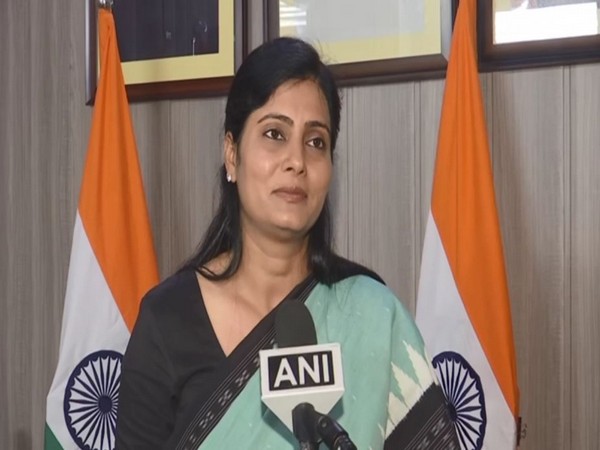EU, Taipei to resolve ICT duty dispute with India mutually: ComMin
Hence, India has not filed its motion of appeal against the European Union and Chinese Taipei, the Minister said.Patel further said that dispute at the WTO will not have any impact on the Production-Linked Incentive PLI scheme and the Phased Manufacturing Programme PMP of the government.

- Country:
- India
The European Union and Chinese Taipei have requested the World Trade Organisation's (WTO) dispute settlement body not to adopt the panel's ruling against India with regard to an ICT duty dispute to enable the countries to resolve the issue mutually, Minister of State for Commerce and Industry Anupriya Patel informed the Lok Sabha on Wednesday.
On April 2, 2019, the EU challenged the introduction of import duties by India at WTO on a wide range of ICT products like mobile phones and components, base stations, integrated circuits and optical instruments. The EU had claimed that the measures appear to be inconsistent with certain provisions of WTO. Later, Chinese Taipei and Japan joined the dispute.
Since Japan has filed its motion for the adoption of the panel's report at Dispute Settlement Body (DSB) meeting at WTO, India, in response, filed its notice of appeal.
''But the European Union and Chinese Taipei have made a request to the Dispute Settlement Body at WTO to defer the adoption of the Panel report until September 19, 2023.
''This deferral is intended to create an opportunity for all parties to work towards a Mutually Agreed Solution (MAS). Hence, India has not filed its motion of appeal against the European Union and Chinese Taipei,'' the Minister said.
Patel further said that dispute at the WTO will not have any impact on the Production-Linked Incentive (PLI) scheme and the Phased Manufacturing Programme (PMP) of the government. The PLI and PMP, she added, were aimed at making domestic manufacturing globally competitive and creating global champions in manufacturing.
(This story has not been edited by Devdiscourse staff and is auto-generated from a syndicated feed.)
- READ MORE ON:
- Chinese
- The European Union
- India
- Dispute Settlement Body
- Panel
- Taipei
- Patel
- Anupriya Patel
- Japan
ALSO READ
AI Revolution: Transforming Solar Panel Quality Control
Expert panel to be set up to conduct review of CUET-UG, PG; revised norms to be announced soon: UGC chief Jagadesh Kumar to PTI.
Parliamentary Panel Calls for Overhaul of Solar Power Schemes
CBI Cracks Down on Bribery: DDA and Bank Panel Advocate Apprehended
Arunachal Pradesh Child Rights Panel Uncovers Alarming Sex Racket Involving Government Employees










